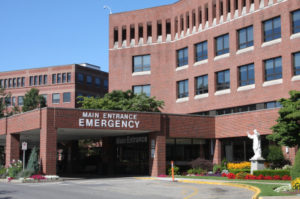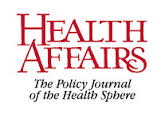GA Population Will Be on the Move
Nearly 80,000 low-income Pennsylvanians insured through the state’s General Assistance program will need to switch to private option Medicaid plans once the Healthy Pennsylvania Medicaid expansion takes effect next year.
 These individuals – generally, adults whose income is less than 44 percent of the federal poverty level but who have no children and meet other limited criteria – can begin enrolling in private option insurance plans on December 1 and will need to be enrolled by January 1, 2015, when the General Assistance program ends. Because of their extremely low income, these participants will not be required to pay insurance premiums.
These individuals – generally, adults whose income is less than 44 percent of the federal poverty level but who have no children and meet other limited criteria – can begin enrolling in private option insurance plans on December 1 and will need to be enrolled by January 1, 2015, when the General Assistance program ends. Because of their extremely low income, these participants will not be required to pay insurance premiums.
Learn more about the end of General Assistance and the state’s plans for continuing to serve this population in this article on the web site of public radio station WITF.





